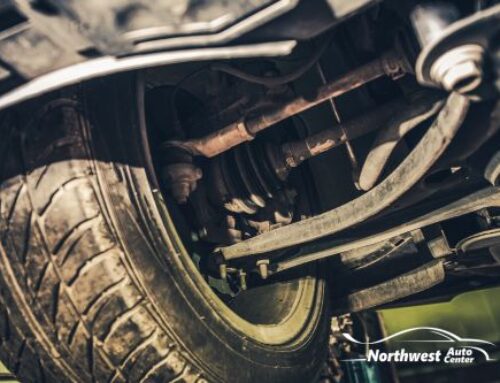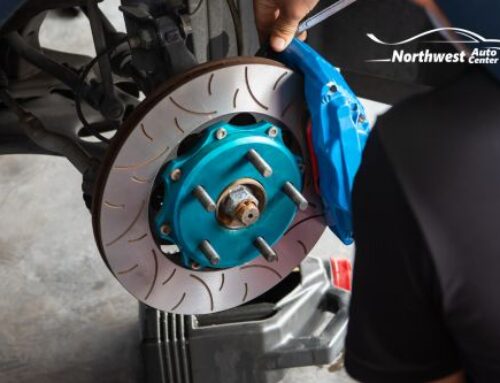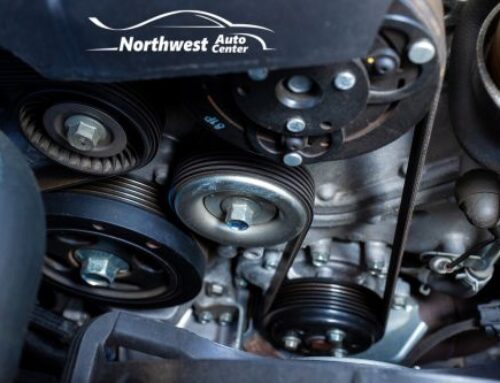
Turbocharged engines are becoming increasingly popular in the automotive world, offering drivers a thrilling blend of power, performance, and fuel efficiency. However, these high-performance systems require diligent maintenance to ensure longevity and reliability.
Required Maintenance for Turbocharged Engines
Regular Oil Changes: The Lifeblood of Your Turbocharger
Oil is crucial for lubricating the intricate components of a turbocharger, which operates under extreme temperatures and pressures. The high rotational speeds and intense heat generated by the turbo can break down oil more quickly than in non-turbocharged engines.
- Follow Manufacturer Guidelines: Stick to the oil change intervals recommended in your vehicle’s manual. Turbocharged engines often require synthetic oil due to its superior heat resistance and lubrication properties.
- Use the Right Grade: Always use the oil grade specified for your engine. Using a lower-quality or incorrect oil can lead to reduced lubrication and increased wear.
- Monitor Oil Levels: Regularly check oil levels, as turbocharged engines tend to consume more oil. Low oil levels can damage the turbocharger and lead to engine failure.
Keep the Air Filter Clean: A Gateway to Engine Health
The turbocharger relies on a steady flow of clean air to compress and deliver to the engine. A dirty or clogged air filter restricts airflow, leading to reduced performance and potential damage.
- Inspect Regularly: Check the air filter at least once a month or as specified in your owner’s manual.
- Replace When Needed: If the air filter looks dirty or clogged, replace it immediately. Driving with a compromised air filter can allow dirt and debris to enter the turbocharger, causing wear and tear.
- Upgrade for High Performance: Consider a high-flow air filter for improved airflow and filtration, especially if you frequently drive in dusty or challenging conditions.
Cooling System Maintenance: Keeping Temperatures in Check
Turbochargers generate significant heat, making an efficient cooling system vital to prevent overheating and potential damage.
Regularly inspect and top off coolant levels as needed. Use the coolant type specified by the manufacturer to avoid compatibility issues. Inspect Radiator and Hoses: Look for signs of leaks, cracks, or wear in the radiator and cooling system hoses. Address any issues promptly to maintain optimal cooling performance. Flush the Cooling System: Follow your vehicle’s maintenance schedule to flush and replace the coolant. Over time, coolant can degrade, losing its ability to effectively manage heat.
Allow Time for Warm-Up and Cool-Down
Turbocharged engines require special care during warm-up and cool-down to prevent damage.
- Warm-Up: Avoid hard acceleration until the engine reaches operating temperature. This allows oil to circulate properly and ensures the turbocharger is adequately lubricated.
- Cool-Down: After driving at high speeds or under heavy load, let the engine idle for 30 seconds to a minute before turning it off. This allows the turbocharger to cool and prevents oil from coking, which can block vital passages.
Monitor Turbocharger Health: Early Signs of Trouble
Catch potential turbocharger issues early by staying alert to unusual symptoms:
- Loss of Power: If your vehicle feels sluggish or less responsive, it could indicate turbocharger problems.
- Excessive Smoke: Blue or black smoke from the exhaust may signal oil leaks or other turbo-related issues.
- Unusual Noises: Listen for high-pitched whining, grinding, or rattling sounds, which may indicate mechanical wear or damage.
- Check Engine Light: If the light comes on, have your vehicle diagnosed immediately. Modern vehicles often provide specific fault codes related to turbo performance.
Fuel Quality Matters: Feed Your Turbocharged Engine Right
Turbocharged engines are sensitive to the quality of fuel you use.
- Opt for Premium Gasoline: Many turbocharged engines require higher-octane fuel to prevent knocking and maximize performance.
- Avoid Contaminated Fuel: Purchase fuel from reputable stations to reduce the risk of debris and water contamination, which can harm the turbocharger and fuel system.
Stay on Top of General Maintenance
In addition to turbo-specific care, general vehicle maintenance plays a significant role in keeping the engine and turbocharger in good condition.
- Inspect Spark Plugs: Worn or dirty spark plugs can affect combustion efficiency, placing extra strain on the turbocharger. Replace them as needed.
- Check Belts and Pulleys: Inspect the belts and pulleys that drive the turbocharger and other components. Ensure they’re in good condition and properly tensioned.
- Schedule Regular Tune-Ups: Routine tune-ups help identify and address potential issues before they escalate into serious problems.
Invest in Quality Parts and Professional Service
When replacing parts or servicing your turbocharged engine, always opt for high-quality components and professional expertise.
- Use OEM Parts: Original equipment manufacturer (OEM) parts ensure compatibility and reliability.
- Choose Experienced Technicians: Turbocharged engines are complex, and improper maintenance can lead to severe damage. Rely on skilled mechanics with experience working on turbo systems.
Maintaining a turbocharged engine requires attention to detail and commitment to routine care. Regular oil changes, clean air filters, a properly functioning cooling system, and adherence to manufacturer recommendations are essential to prolonging the life and performance of your turbocharger. By following these tips, you’ll not only enhance your driving experience but also protect your investment for years to come.
For expert advice or assistance with your turbocharged engine, visit us at Northwest Auto Houston. Let us help you keep your vehicle running at its best! You can reach us at (281) 894-8880. We’re always here to help!






Leave A Comment
You must be logged in to post a comment.